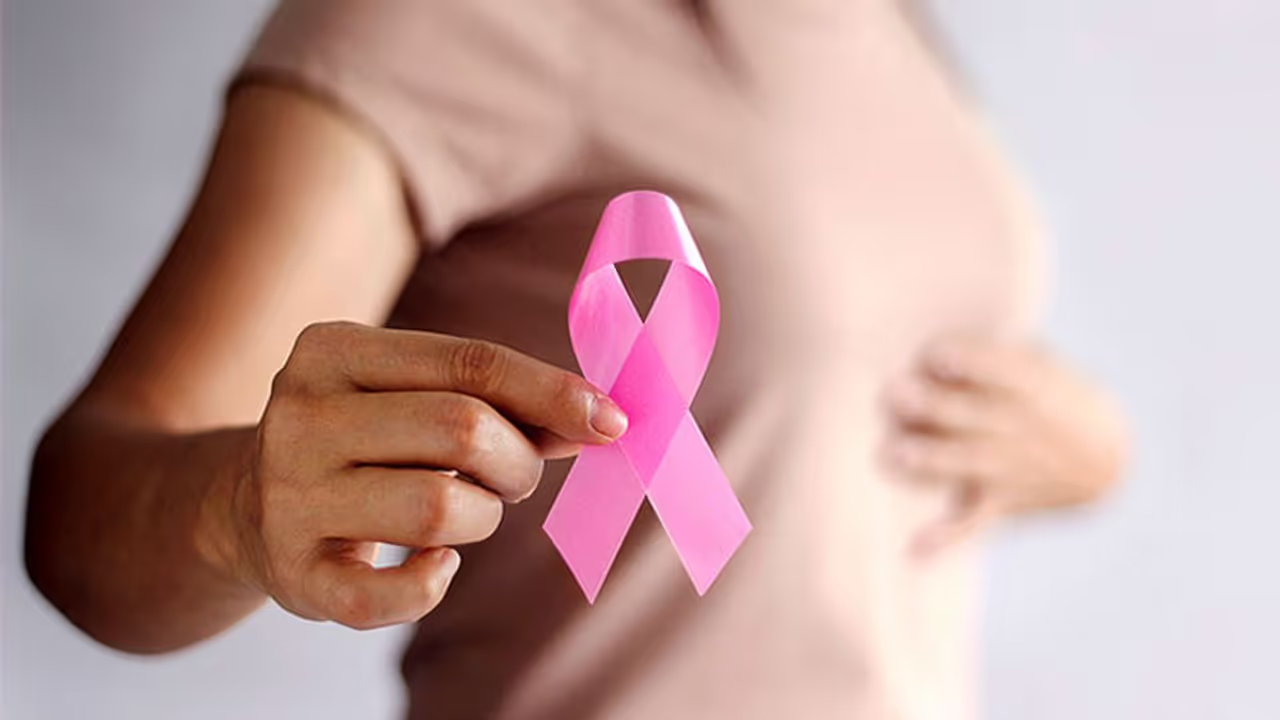Nearly one-third of breast cancer survivors face relapse. Adopting healthy lifestyle habits—like proper diet, exercise, and stress management—can significantly reduce the risk and support long-term recovery.
Breast cancer is a highly treatable and curable disease, however, nearly 1/3rd of patients experience a relapse of cancer, which is a major concern for most survivors.

Although we don’t know the exact cause of this occurrence, lifestyle factors can help reduce recurrence risk and improve overall health outcomes post-treatment. Tumour biology and genetic predisposition are the main factors that can determine our risk of relapse.
1. Diet: A balanced diet can help in recovery after cancer treatment and also reduce recurrence risk. A diet high in fats, refined sugars, and processed foods is associated with increased inflammation which can lead to cancer cell growth. Therefore, we encourage patients to choose foods like fruits, vegetables, and healthy fats including omega-3 fatty acids as they are known to reduce inflammation and support immune function, which can contribute to a lesser risk of relapse.
2. Physical Activity: Regular exercise is a major contributing factor to prevent breast cancer relapse. Exercise not only helps in weight management but also reduces inflammation and helps maintain hormonal balance. Studies show that women who exercise regularly (walking, cycling, or strength training) have a lower risk of recurrence. It is ideal for patients to include at least 150 minutes of moderate aerobic activity or 75 minutes of vigorous activity per week, along with muscle-strengthening exercises.
3. Weight: Excess body fat can influence hormone levels like estrogen, which is a breast cancer-causing hormone. Thus, it is advisable to avoid obesity, be physically active, and maintain a healthy weight through diet and exercise post-treatment.
4. Alcohol Consumption: Alcohol can interfere with estrogen metabolism and increase the risk of cancer growth in hormone-sensitive cancers like breast carcinoma. Limiting or avoiding alcohol intake entirely is ideal for patients to reduce relapse risk.
5. Smoking: Smoking is a known carcinogen and can increase the risk of cancer relapse. Quitting smoking is one of the most important lifestyle changes to reduce recurrence and improve health.
6. Stress and Mental Health: Although the direct link between stress and relapse is still undergoing research, chronic stress may also negatively affect the immune system, thus increasing the risk of breast cancer. Try mindfulness and meditation practices to improve overall health and well-being.
Adopting healthier habits can lower the risk of breast cancer relapse and promote better overall health. Survivors should work closely with their oncologists so a personalized plan can be curated incorporating these lifestyle factors.
(This article is authored by Dr. Poonam Patil, Consultant - Medical Oncology, Manipal Hospital Old Airport Road.)


